Description
Properties of Karela
- It might be an antioxidant
- It might have hypoglycaemic (lowers the blood sugar level) activity
- It might have anti-bacterial (kills bacteria) property
- It might have anti-viral (kills viruses) activity
- It might have an anti-cancer potential
- It might have anti-diarrhoeal effects
Potential Uses of Karela
1. Potential Uses of Karela for Diabetes
The Karela extract is traditionally used as vegetable insulin as it might have antioxidant and antidiabetic properties. Its antidiabetic effect is tested in both animals and humans. When tested in an animal model4, the entire plant, including fruit pulp and seed, showed potential antidiabetic properties. Its fruit was found to have more potential effects on diabetes. It might either control the release of insulin or may change the metabolism of glucose5.
Karela contains a few chemicals, including glycoside, charantin, vicine, karavilosides, and polypeptide-p (plant insulin). These chemicals might improve blood sugar levels by raising the glucose uptake and synthesis of glycogen in the liver, fat, and muscle cells6. Kindly consult a doctor for the proper diagnosis and treatment of serious conditions such as diabetes. Please do not self-medicate.
2. Potential Uses of Karela for Antioxidant Properties
The phenolic compounds in karela are a potentially excellent natural source of food antioxidants. Phenolic compounds might have the ability to lower cholesterol, blood pressure, and the incidence of heart-related diseases and cancer7. However, more research is required.
3. Potential Uses of Karela for Cancer
The karela extract might help modify the signalling pathways involved in breast cancer. It might block the growth of breast cancer cells and may be used as a dietary supplement to help against breast cancer8. The fruits, green leaves, stems, and f karela seeds have several active proteins and steroids. These proteins might have potential anticancer activity. However, serious conditions such as cancer should be diagnosed and treated by a doctor. Therefore, consult a doctor and do not self-medicate.
4. Potential Uses of Karela for Malaria
Asians, Colombians, and Panamanians have traditionally known karela as a helpful plant against malaria. Various studies9 have confirmed that several species of karela may have antimalarial properties. However, please consult a doctor and do not self-medicate.
5. Potential Uses of Karela for Healing Wounds
A series of abnormalities linked with diabetes and delayed wound healing are lowered immune response, reduced formation of new blood vessels, deficiency of growth factors, and reduced collagen production. When karela fruit ointment was applied to the rat (diabetic rat), it showed a potential to improve wound closure and which may help enhance a gene that helps in cell growth. Therefore, it might be beneficial for the healing of the wound1. However, more research is required to prove such effects on humans.
Though some studies show the potential uses of karela in various conditions, these are insufficient and there is a need for further studies to establish the true extent of the benefits of karela on human health.
How to Use Karela?
It is mostly used as:
- Vegetable
- Karela juice
- Karela leaf tea
- Fried karela chips
- Dehydrated karela rings
- Karela pickle
You must consult a qualified doctor before taking any herbal supplements. Do not discontinue or replace an ongoing treatment of modern medicine with an ayurvedic/herbal preparation without consulting a qualified doctor.
Side Effects of Karela
- When taken orally by some people, karela might upset the stomach, but there is not much information related to the side effects associated with its long-term use.
- Karela might cause a rash when applied to the skin.
- Some people may experience headaches with oral consumption of karela.
- Karela may also lower the blood sugar level (consult a doctor before use in case you are taking medicines for diabetes).
If you experience any of these side effects, you must consult your doctor immediately.
Precautions to Take with Karela
- Surgery: Stop using karela at least two weeks before any surgery. Karela might interfere with blood sugar control during and after surgery.
- Pregnancy: Karela is unsafe during pregnancy as it contains certain chemicals that might be harmful to pregnancy.
- Breastfeeding: It’s safer to avoid its use during breastfeeding as there is insufficient data on its safe use during breastfeeding. Consult your doctor before consuming karela.
- Glucose-6-phosphate dehydrogenase (G6PD) deficiency: Karela seeds might cause severe anaemia in people with G6PD deficiency. Therefore, it is better to avoid using karela if you have G6PD deficiency.
- Allergy: Avoid karela if you have a known allergy to karela or any member of the family Cucurbitaceae, including honeydew, casaba, Persian melon, cantaloupe, and muskmelon. Signs of allergy are itching, shortness of breath, or rash10.
- Do not self-medicate yourself using any herb.



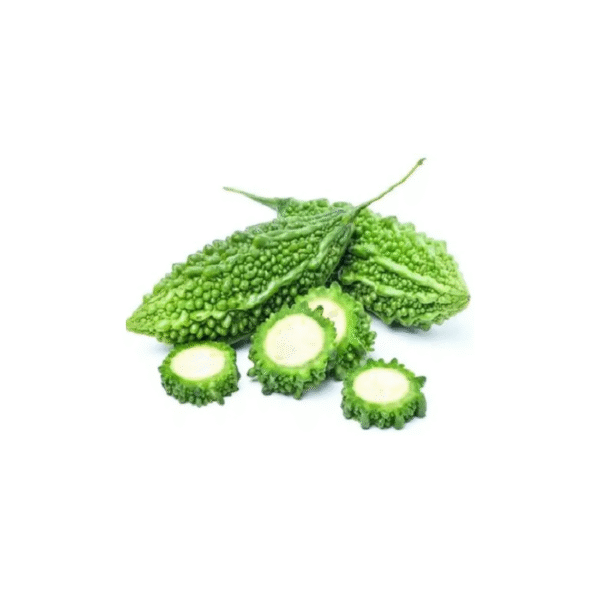

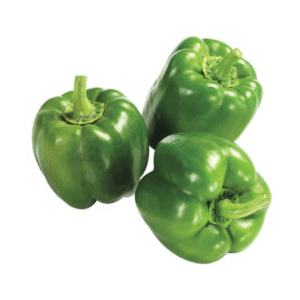
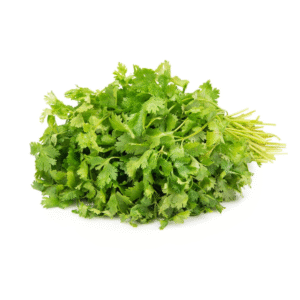
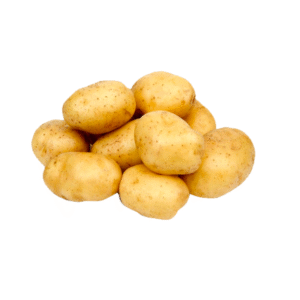
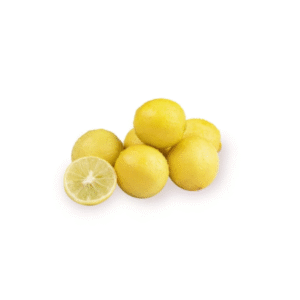
Reviews
There are no reviews yet.